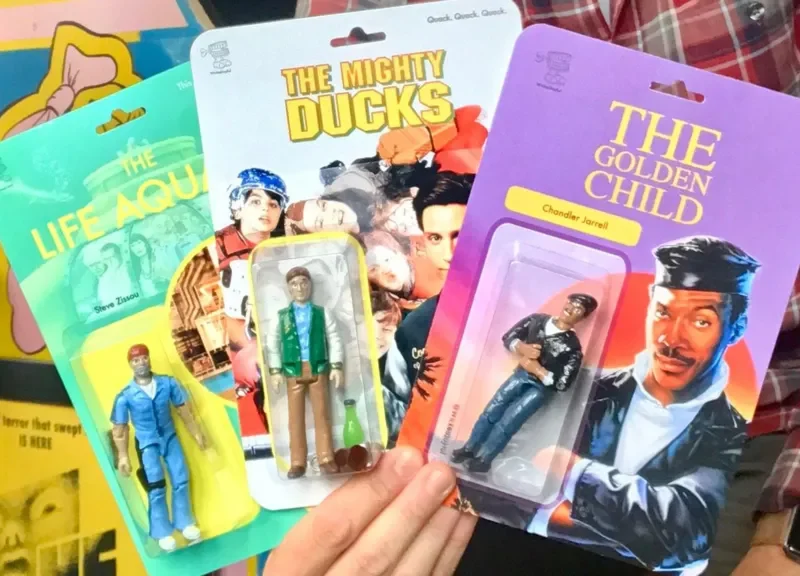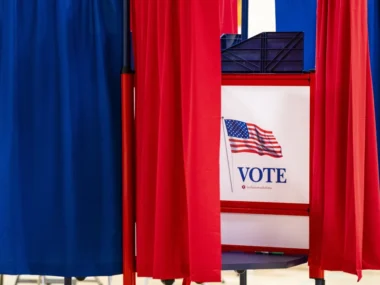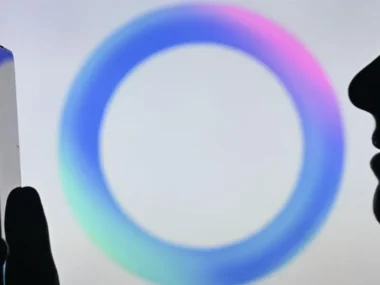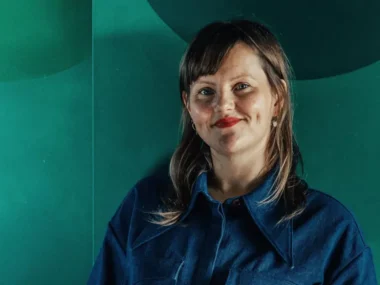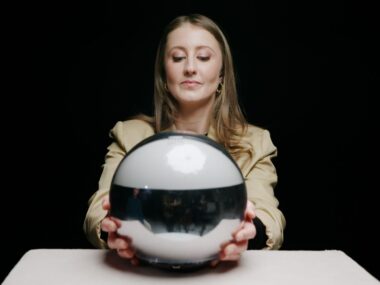Artists and creatives are pushing back against the growing trend of using artificial intelligence (AI) to create “starter pack” doll-like images of people—something they say threatens both their craft and income.
Since early April, thousands have used AI tools to turn their photos into doll versions, despite concerns about privacy, environmental impact, and the erosion of artistic value.
Nick Lavallee, a custom action figure creator for six years, told the BBC he’s worried the surge in AI art on social media could hurt his business.
“People are getting tired of it,” he said. “AI-generated visuals cheapen the artistic look.” Nick’s handmade figures—designed for celebrities like Weezer and Tyler Childers—sell for up to $250 (£188) on his Wicked Joyful site.
His growing success has expanded into a clothing line and soon, a physical store in Manchester, New Hampshire.
Still, he fears that AI-generated content could reduce demand for his work and shift how people value handcrafted art.

In 2023, Nick (right) personally gave a custom action figure he created of Weezer’s lead singer, Rivers Cuomo, to the musician himself.
Many other creatives have echoed this sentiment, joining the #StarterPackNoAI movement—a hashtag used thousands of times since it launched on Instagram in early April and soon spread to X. After Patouret’s post, the trend gained traction, with artist Maria Picassó Piquer participating “for fun, but also as a statement.”
She noted, “AI-generated art all looked similar, but I was impressed by how diverse the human-made pieces were.”

Maria Picassó Piquer, originally from Barcelona, is from her hometown.
“Additionally, self-portraits bring an added element of humanity.”
Maria, like many artists, is concerned about AI-generated images infringing on intellectual property rights by being created from “stolen” art and the risk it poses to her ability to attract new clients. Illustrator Dav le Dessineux from Bordeaux, France, mentioned that some in his field had already lost projects to AI-generated designs.
He created his starter pack because, like many artists who use their hands, he was “tired” of the flood of AI-generated doll images.
Dav’s illustration only included a pencil and a blank sheet of paper, tools he believes are “all you need to begin as an artist.” “People often overlook this because of the technology around us, but really, all we need are the basics to create something and be original,” he remarked.
Eli Dibitonto, an artist from Barletta, Italy, agreed, describing the process of digitally illustrating his own starter pack as “fun and carefree.”
“It doesn’t have to be perfect – mine isn’t,” he said. “Art isn’t about perfection or flawless appearance.” Illustrator and student Evie Joyce explained that creating her own artwork allowed her to reflect her personality over several hours, rather than in mere seconds.
“I think what’s truly magical is seeing people pour time, effort, and their own experiences into their art,” she said. “With AI, it can even steal from artists, taking their work and style, and it loses that personal touch.”
Pot Noodles in the Large Hadron Collider
In New Hampshire, Nick acknowledges the frustration from illustrators but believes AI can still be valuable.
“I wouldn’t say AI is bad when it could be a useful tool,” he explained. “I think we’ve all tried it out.”
Henk van Ess, a global authority on using AI in investigative research, has shown its potential, but he doesn’t think its role belongs in starter packs.
“It’s like watching a supercomputer calculate how many Hobnobs fit in a Sports Direct mug, while solving climate change is on the ‘to-do’ list,” he remarked.
“Technically impressive? Sure. But it’s like using the Large Hadron Collider to heat up your Pot Noodle.”
“While everyone’s focused on generating these digital versions of small talk, they’re missing the truly revolutionary things AI can achieve – it’s wasteful to spend all that energy on digital fluff when we could be solving real-world issues.”
Call on the cabinetmakers
Nick stays optimistic.
“The musicians who appreciate my work, who are excited to hold a Wicked Joyful in their hands, they know it’s my art, they know it’s mine,” he shared.
Similarly, Dav has faith in the value of human craftsmanship.
“Even with the rise of pre-fabricated furniture, people still turn to cabinetmakers,” he said. “I hope I’ll be one of those artisans.”
Nick, who believes his purpose is “bringing joy to people” through his creations, also wants to remain hopeful about the future.
“I really hope people get tired of AI action figures,” he said. “But I also hope they’re smart enough to recognize the difference between what I do and what is computer-generated.”

